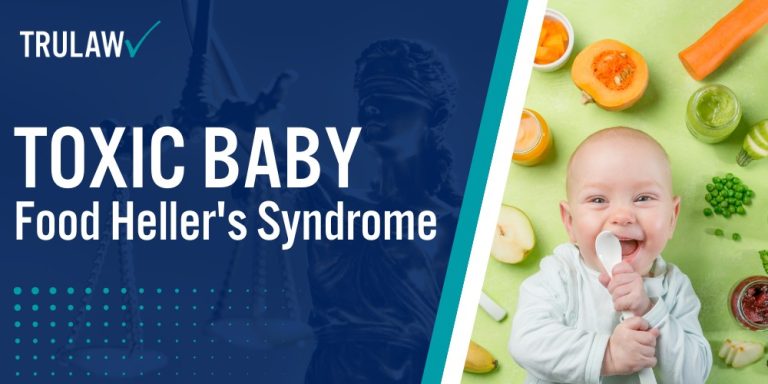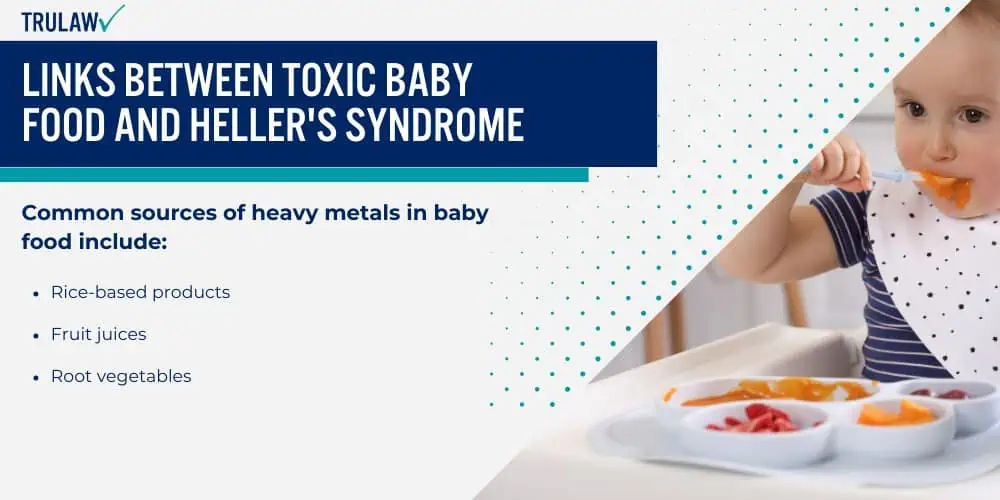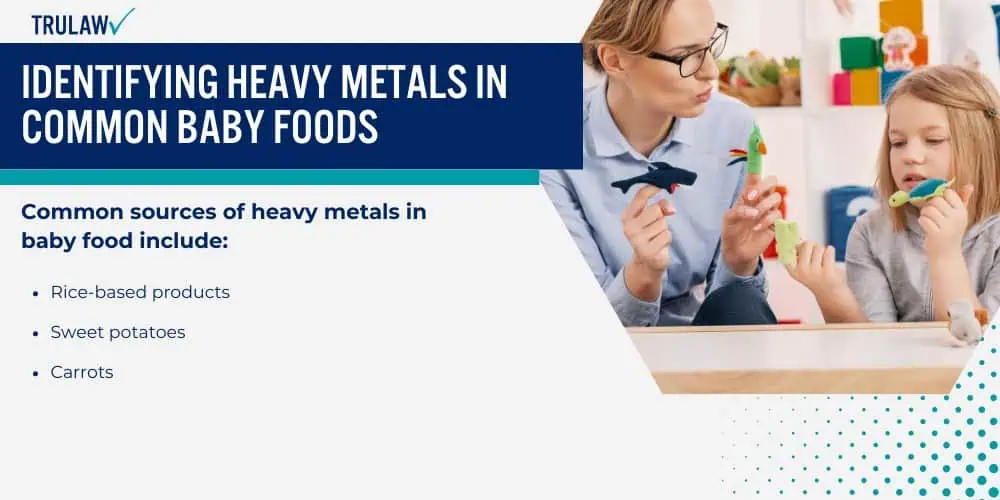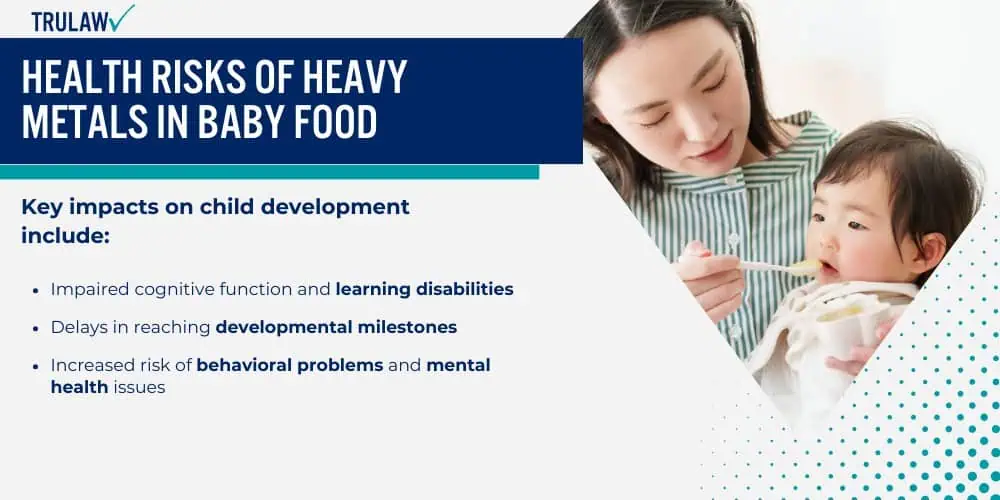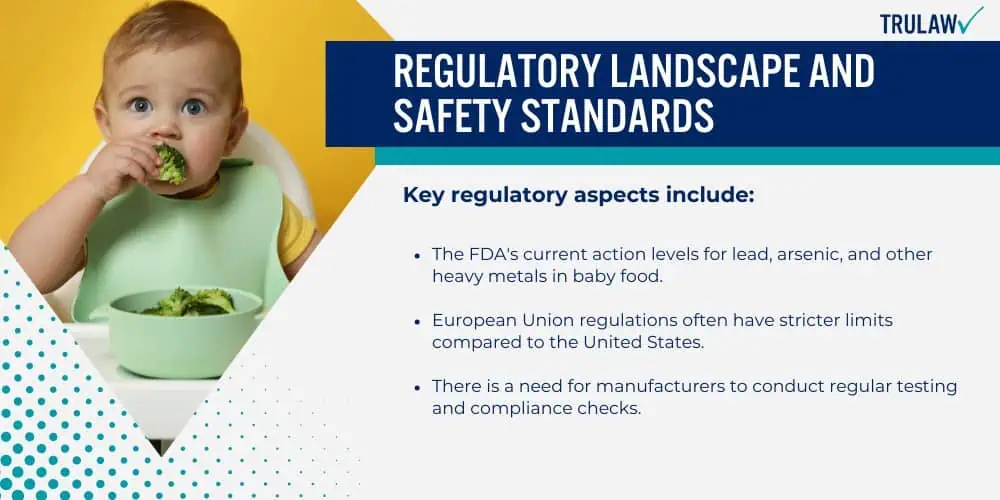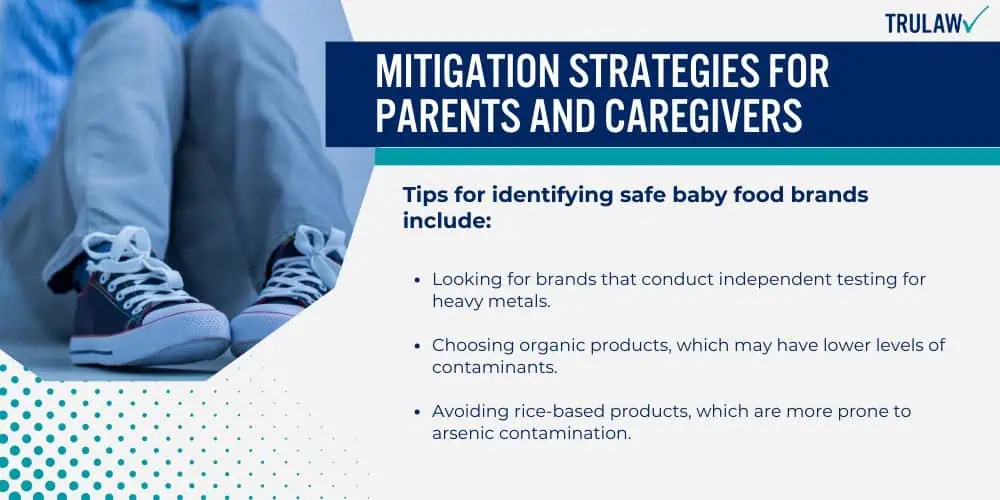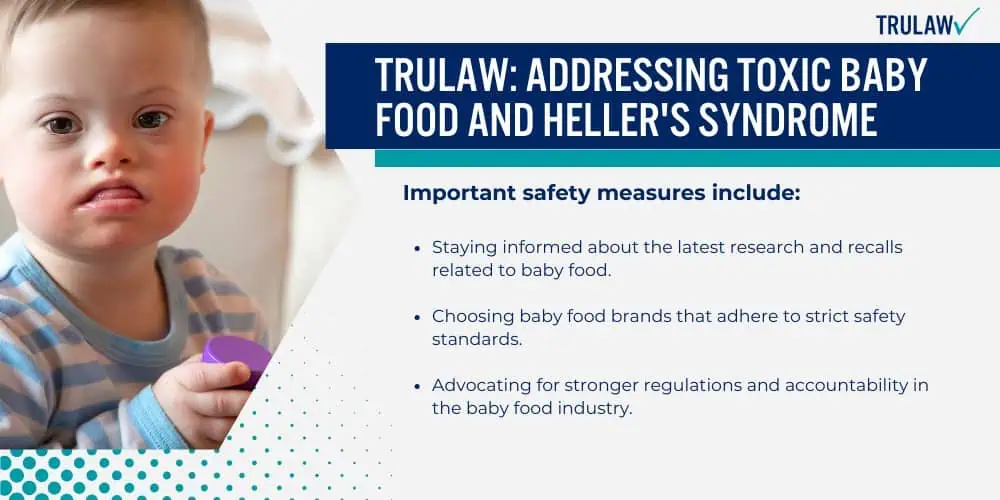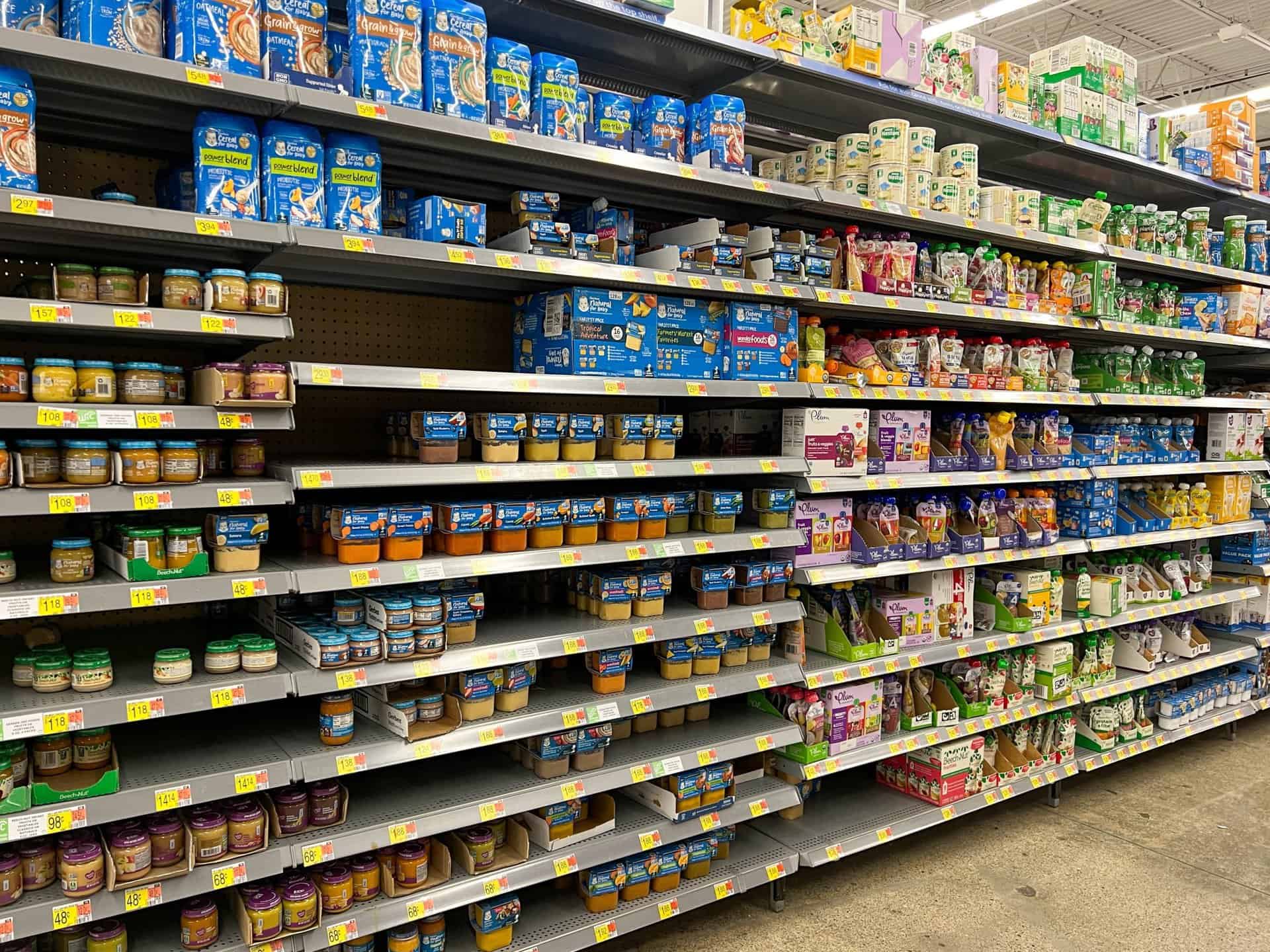Heller’s Syndrome, also known as childhood disintegrative disorder or disintegrative psychosis, is a rare condition that causes severe developmental regression in children.
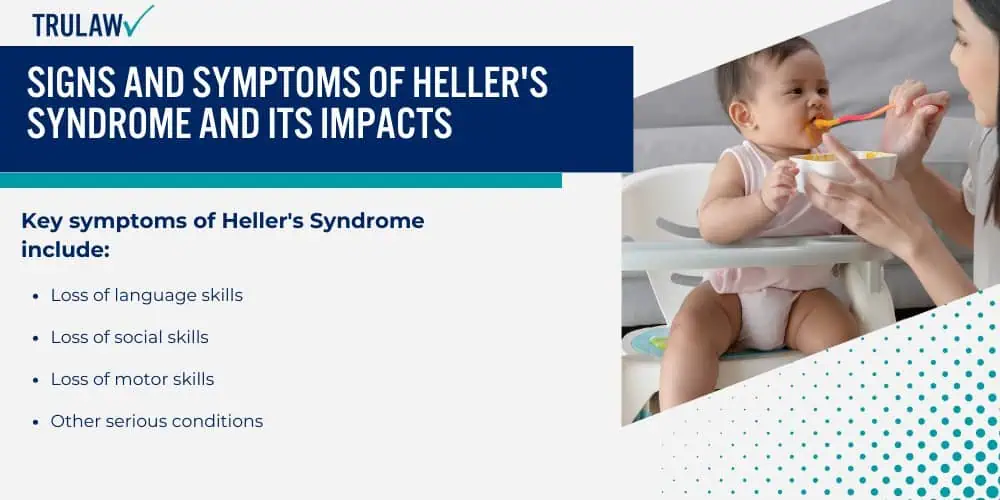
Symptoms typically emerge after at least two years of normal development, leading to significant loss of previously acquired skills.
Understanding the signs and symptoms of these medical conditions is important for early intervention and support.
What is Heller’s Syndrome? Causes and Symptoms
Heller’s Syndrome is characterized by a dramatic and abrupt loss of social, communication, and motor skills.
The exact cause is unknown, but it is believed to involve a combination of genetic factors and environmental influences.
Key symptoms of Heller’s Syndrome include:
- Loss of language skills
- Loss of social skills
- Loss of motor skills
These core symptoms often result in a profound impact on the child’s ability to function and require comprehensive care and support.
Developmental Impact of Heller’s Syndrome on Children
The developmental impact of Heller’s Syndrome is profound, affecting various aspects of a child’s life.
The regression in skills can severely hinder academic performance, social interactions, and overall quality of life.
Key developmental impacts include:
- Severe delays in speech and communication
- Significant challenges in social interaction
- Motor skill deterioration
Early detection and intervention are essential to managing the condition and providing appropriate support for affected children.
Children with this disorder often exhibit signs similar to other disorders within the autism spectrum.
